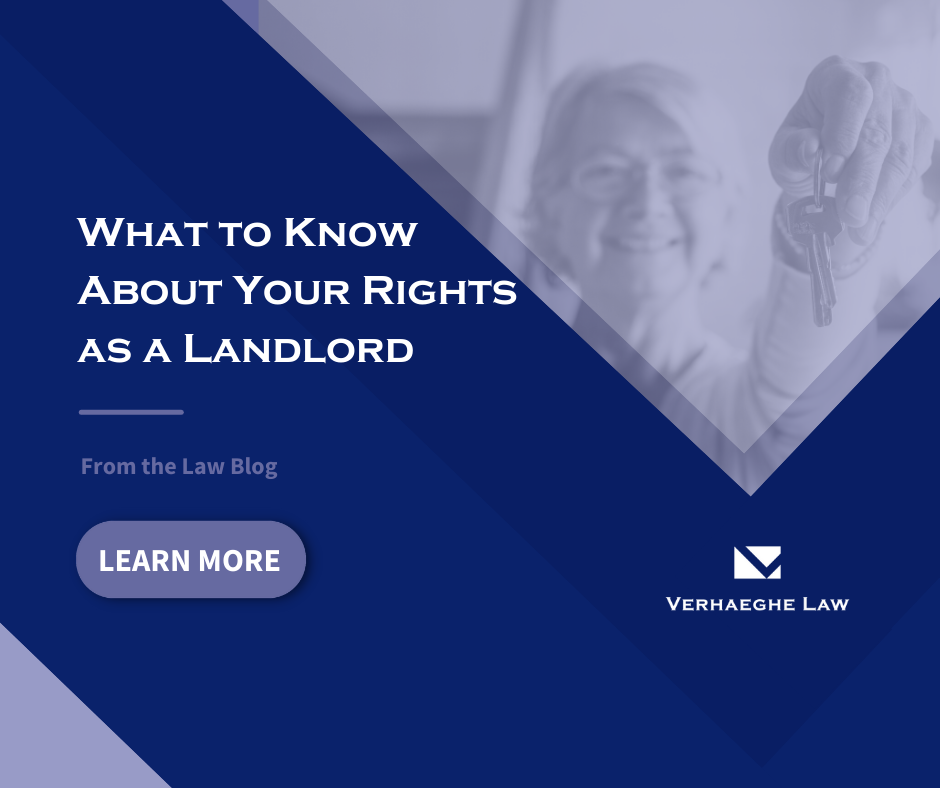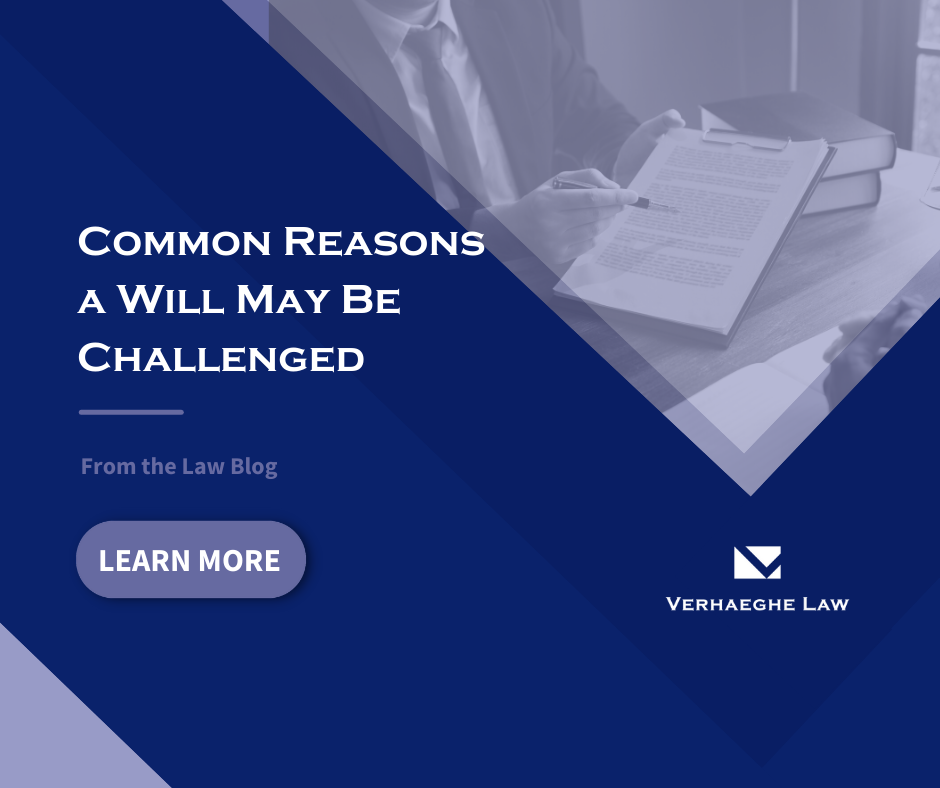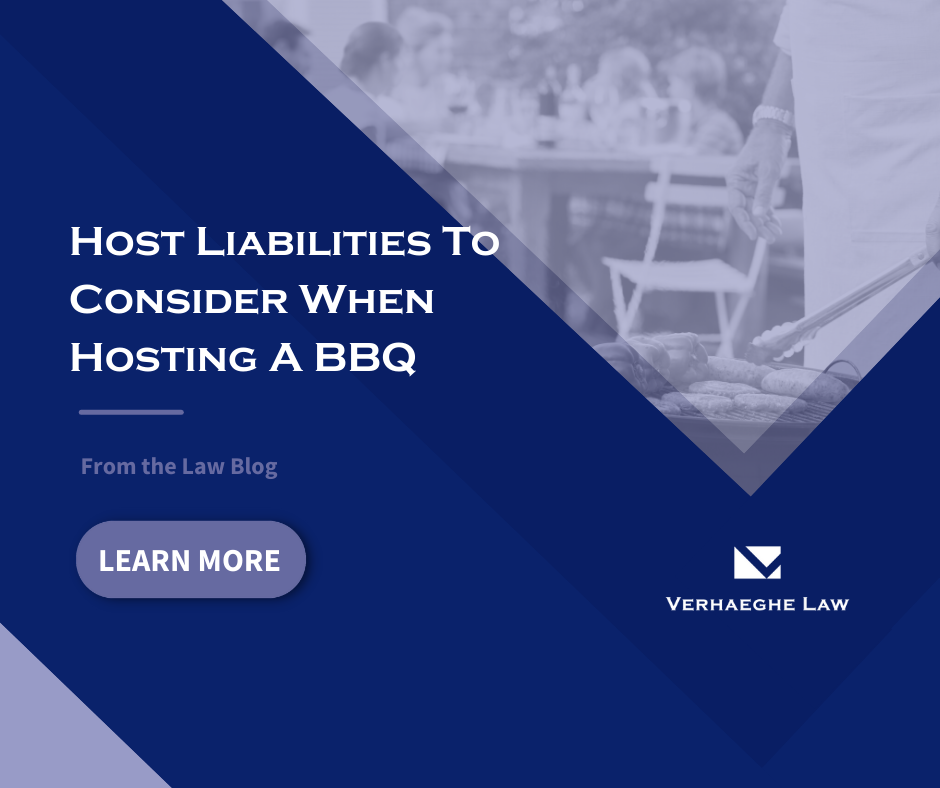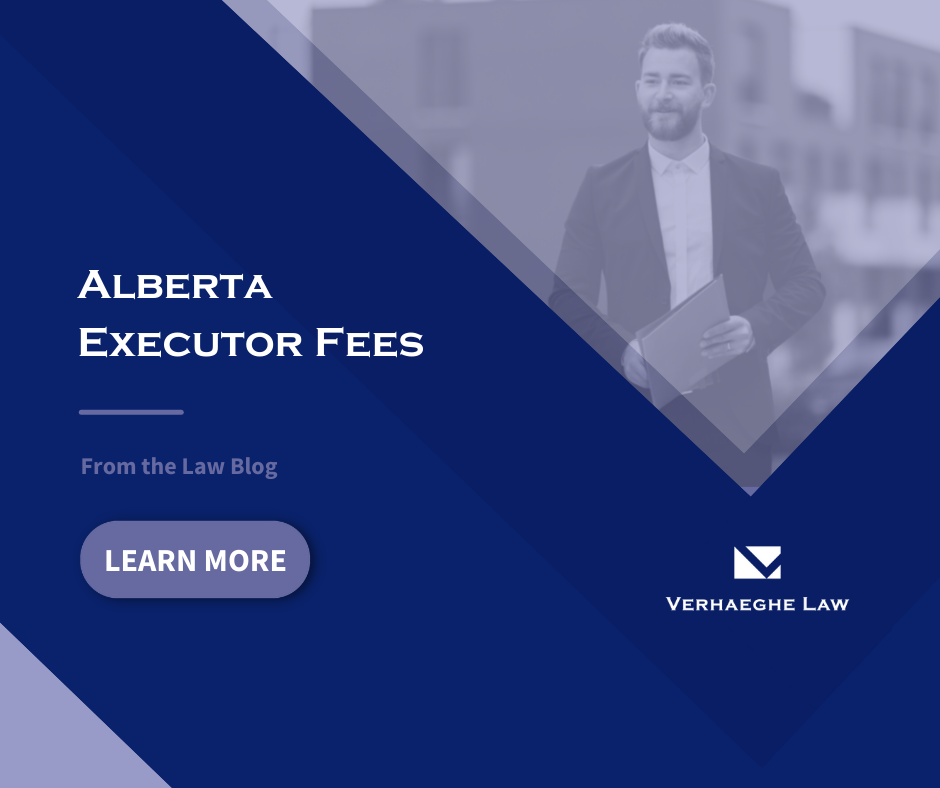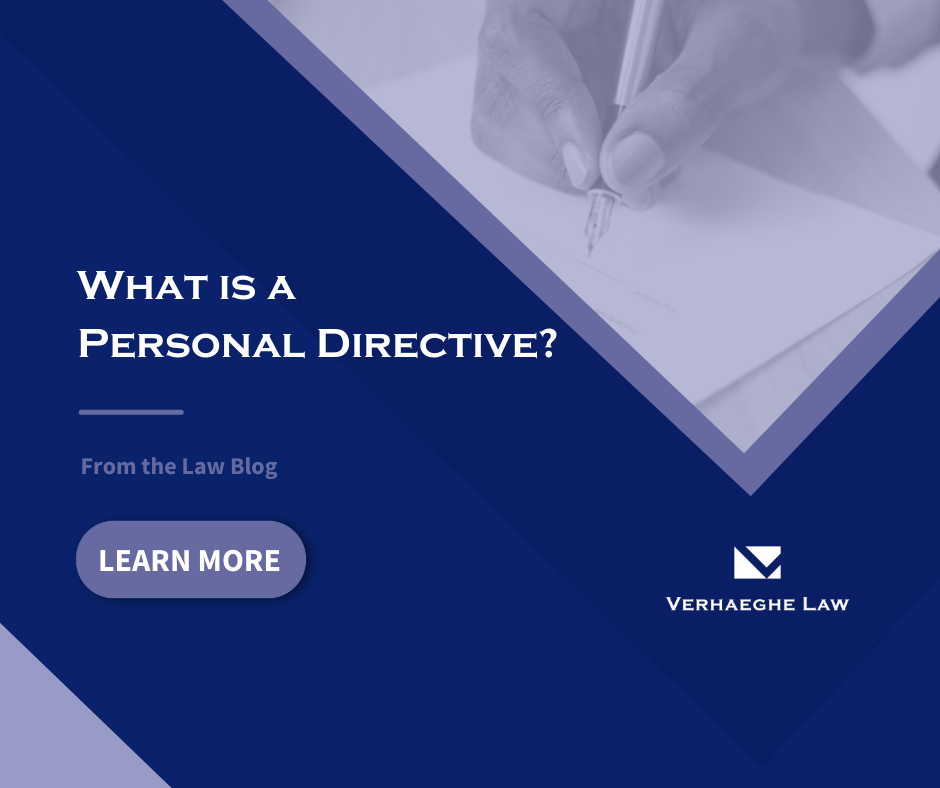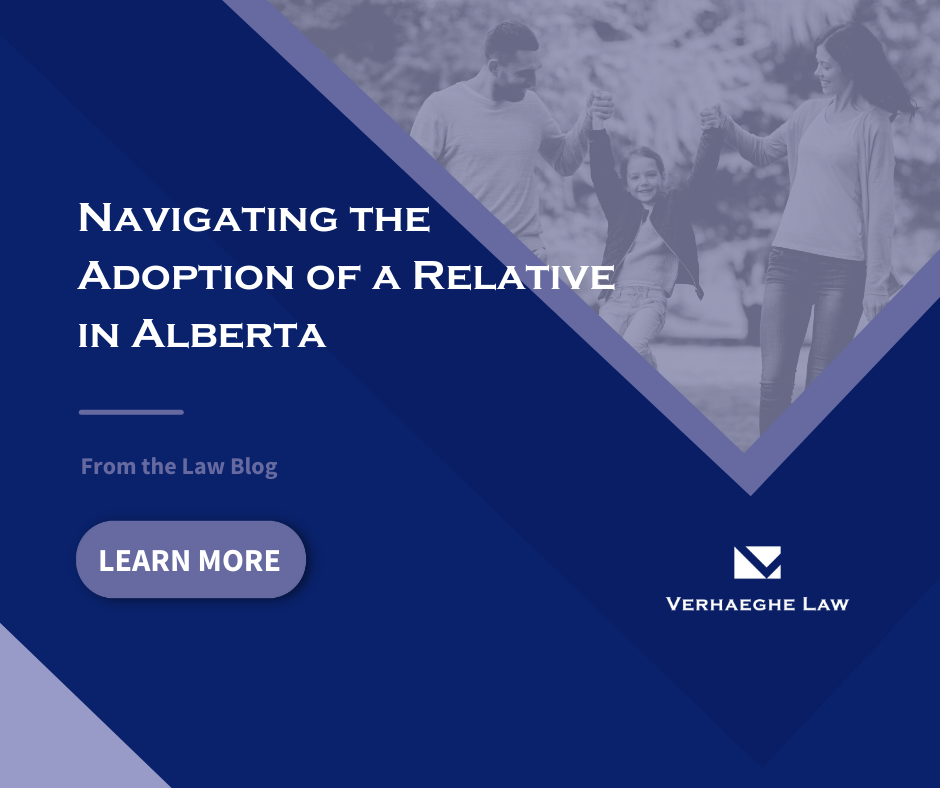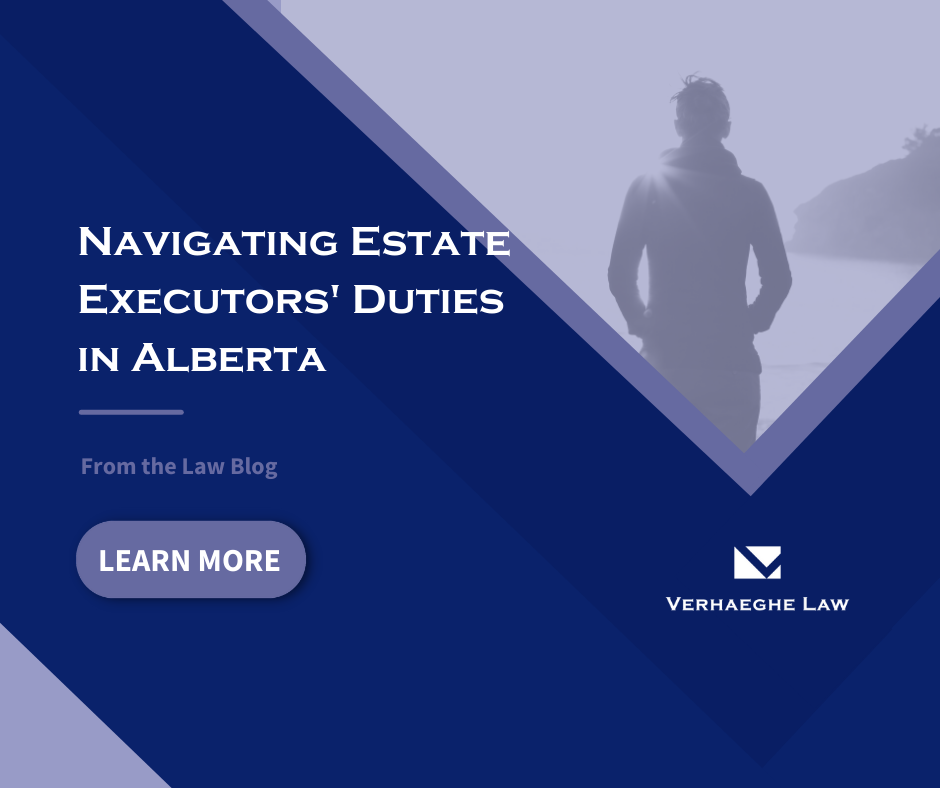What to Do if You’ve Been Accused of a Crime in Alberta
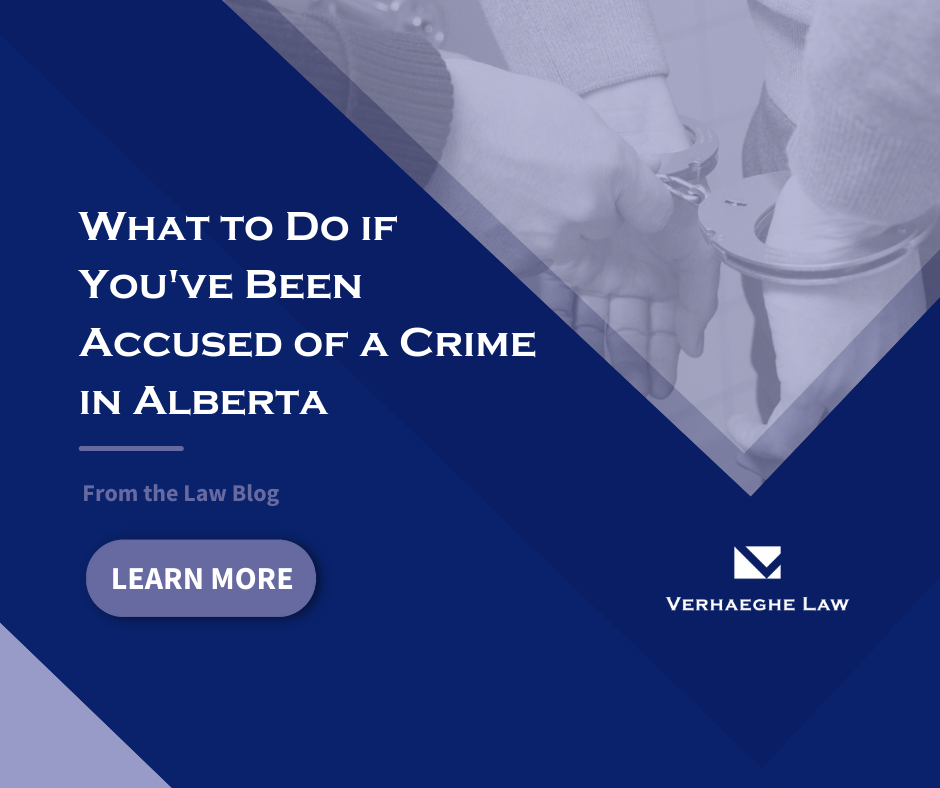
If you have been accused of a crime in Alberta, the first thing you should do is stay calm. The criminal justice system is intimidating, particularly if you have never been exposed to it before, but help is available!
One of our Edmonton criminal lawyers can provide you with more information on what to do if you've been accused of a crime in Alberta.
Basic procedures
If you are arrested and charged with a crime, you will appear before a judge or justice of the peace for a bail hearing. At this hearing, the judge will decide if you will be released until your trial or if you must remain in custody. Generally, you will be released unless the judge has reason to believe you will not return to court for your trial, you are a danger to the public, or the public will lose faith in the justice system if you are released.
There may be conditions attached to your release. For example, you may be told that you cannot contact a specified person, you may be required to live in a specified place, or you may have to pay money into court as a guarantee that you will attend your trial. These conditions are mandatory, and if you do not comply with them, you will end up in custody pending your trial. If you have concerns about your ability to comply with the conditions of your release, contact a lawyer immediately.
When you are released, you will be told when and where to attend your "First Appearance." At this court appearance, you may be asked to enter a plea (guilty or not guilty) and depending on what offence you have been charged with, you may be asked to make an election about which court will hear your trial and whether you wish to proceed in front of a judge alone or a judge and jury. This option is not available for every charge.
If you plead not guilty, the judge will set your trial date. If you elect to proceed in front of the Court of Queen's Bench, a preliminary hearing is scheduled in front of a provincial court judge to determine if there is enough evidence to send the matter to trial.
If you plead guilty, the judge will determine the appropriate sentence.
At your trial, it is the Crown prosecutor's job to prove that you are guilty. If they succeed, the judge will determine an appropriate sentence. Depending on the charge, the sentence may include:
- - fines
- - jail time
- - probation
- - weapons prohibitions
- - loss of driver's licence
- - seizure of property.
How to obtain a lawyer
If you intend to hire a lawyer, do so as soon as possible! Your lawyer needs time to prepare for any court appearance. Your lawyer may also have commitments that conflict with your appearance or trial dates, so it is best if you hire your lawyer before those dates are set. If you wait until the last minute to hire a lawyer, there is no guarantee that a judge will agree to adjourn your trial to accommodate your lawyer's schedule or to allow them more time to prepare.
Contact our Edmonton Criminal Lawyers Today For a Consultation
Our Edmonton criminal lawyers have experience defending people facing a wide variety of criminal charges. Let us help walk you through what to do if you've been accused of a crime in Alberta. Contact us today!
*The information in this article is intended as a general overview on the subject of criminal law and does not constitute legal advice. If you are in need of legal advice, please speak with a lawyer.

